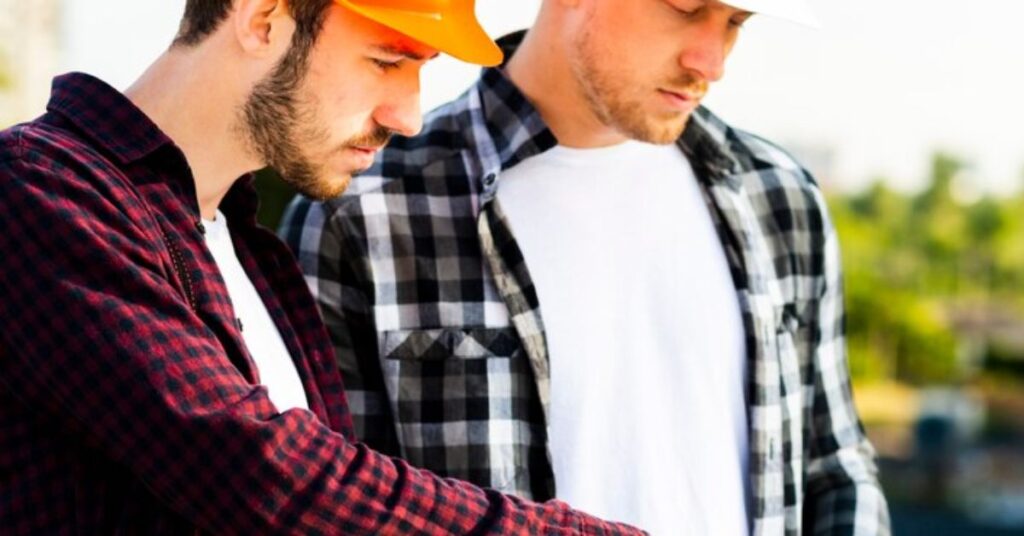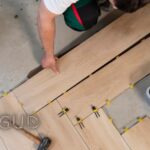Imagine this: you’re a business owner, focused on expanding operations, enhancing customer satisfaction, and managing employees. Then, one day, you notice a leak, or maybe there’s an unexpected spike in energy bills, or perhaps, upon closer inspection, you realize your building’s roof is not in the best shape. The roof is, quite literally, the shield of your business. A solid commercial roof doesn’t just protect—it promotes efficiency, longevity, and peace of mind.
But what do you really need to know about commercial roofing? Whether you’re thinking about installing a new roof, maintaining the one you have, or just curious about what makes a commercial roof different, here’s a comprehensive guide to get you up to speed.
The Unique Requirements of Commercial Roofing
Commercial buildings come in all shapes and sizes—from retail stores to warehouses, offices to industrial facilities. Each type of building has unique requirements, and so does its roof. Generally, commercial roofs have larger surface areas, are typically flat or low-sloped, and often accommodate equipment like HVAC systems, skylights, and vents.
Why does this matter? For starters, commercial roofing systems are designed to withstand more stress and carry heavier loads than residential roofs. This makes selecting the right materials and construction method essential for a durable, safe roof.
Lapeyre Construction has extensive experience with commercial roofing, understanding the critical elements that make these roofs distinct. A professional team ensures your roof meets both the functional needs and durability standards required for commercial properties.
Material Matters: What to Choose?
Commercial roofing comes with a wide array of material choices, each with its pros and cons. Here’s a snapshot of the most popular options:
- Built-Up Roofing (BUR): This traditional method consists of layers of tar and gravel, offering durability and low maintenance. However, it’s relatively heavy and may not suit all buildings.
- Metal Roofing: Known for its longevity, metal roofing can withstand the elements and resist fire. Metal roofing is also energy-efficient, reflecting sunlight to help regulate indoor temperatures.
- Modified Bitumen: Often seen on flat or low-slope roofs, this asphalt-based material is durable, waterproof, and offers easy installation.
- Single-Ply Membrane Roofing (TPO, EPDM, PVC): Lightweight and versatile, these materials are popular for their ease of installation, energy efficiency, and resistance to weather-related damage.
Selecting the right material depends on factors like your budget, the local climate, and the specific needs of your business. Consulting with a professional like Lapeyre Construction ensures you choose a roofing material that matches your building’s requirements while also considering future maintenance.
Weather-Proofing Your Investment
Weather can be unpredictable and unforgiving. Commercial roofs must be prepared to handle harsh sunlight, heavy rain, high winds, and even snow. This is where your roofing materials and structure need to work together to resist potential damage.
To weather-proof a commercial roof, many contractors use reflective coatings, heat-resistant materials, and proper insulation to keep out moisture and manage temperature fluctuations. Additionally, commercial roofing systems should have adequate drainage systems in place, especially if the roof is flat. Poor drainage can lead to water pooling, which eventually weakens the structure and results in leaks.
Investing in a robust commercial roofing system can help you avoid costly repairs and keep the interior environment comfortable and safe. With expert advice from Lapeyre Construction, you can implement practical solutions that enhance your roof’s resistance to the local weather.
Routine Maintenance: A Must for Longevity
Once your commercial roof is installed, the job doesn’t end there. Routine maintenance is key to extending its life and avoiding unexpected repairs. Commercial roofs should ideally be inspected at least twice a year—before winter and before summer.
During an inspection, contractors check for signs of wear, such as cracks, blisters, punctures, or loose material. This proactive approach helps spot small issues before they escalate, saving you time, money, and the hassle of emergency repairs.
At Lapeyre Construction, maintenance isn’t just a task; it’s a partnership. Keeping up with regular maintenance means we’re there to support your roof’s lifespan, ensuring it remains a reliable part of your property.
The Cost Factor: Investment or Expense?
Many business owners see roofing as an expense, but a commercial roof is truly an investment. A well-built, high-quality roof can save your business thousands in energy costs, reduce the likelihood of structural damage, and even enhance property value. Moreover, a roof that lasts decades reduces long-term costs compared to roofs that need frequent repairs or replacement.
When budgeting for a commercial roof, remember that quality materials and professional installation might have a higher upfront cost but pay off over time. If you think of your roof as an asset rather than a one-time expense, it becomes clear why investing in durable materials and skilled contractors is essential.
Compliance and Building Codes: Stay Updated
Commercial buildings have strict codes and regulations, including requirements for roofing. These codes vary by location but are generally in place to ensure safety, structural integrity, and environmental compliance. When installing or repairing a commercial roof, it’s crucial to work with a contractor who understands these codes.
Failure to comply with local regulations can lead to fines, costly modifications, and even legal issues. A reputable company like Lapeyre Construction ensures that all installations and repairs meet or exceed local building codes, protecting your business from future complications.
Future-Proofing Your Roof
The commercial roofing industry is always evolving. Modern materials, advanced technologies, and new techniques continue to improve roof durability, efficiency, and sustainability. From solar panels and green roofing options to energy-efficient materials and enhanced weather resistance, the future of commercial roofing is bright.
Considering options like solar or green roofing can reduce environmental impact and even lower energy costs. Whether it’s adding solar panels, installing energy-efficient materials, or opting for sustainable, recycled materials, future-proofing is a valuable consideration.
The Bottom Line: What’s Next?
Your commercial roof is more than just a cover—it’s an essential element of your business’s infrastructure. From protecting your assets to enhancing energy efficiency, a well-maintained and thoughtfully installed roof is a business investment with high returns.
Working with experts like Lapeyre Construction allows you to explore all options, from material selection to future-proofing, ensuring your roof meets current and future needs. Commercial roofing is complex, but with the right guidance, it’s a manageable and worthwhile part of building ownership.







